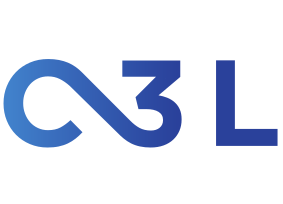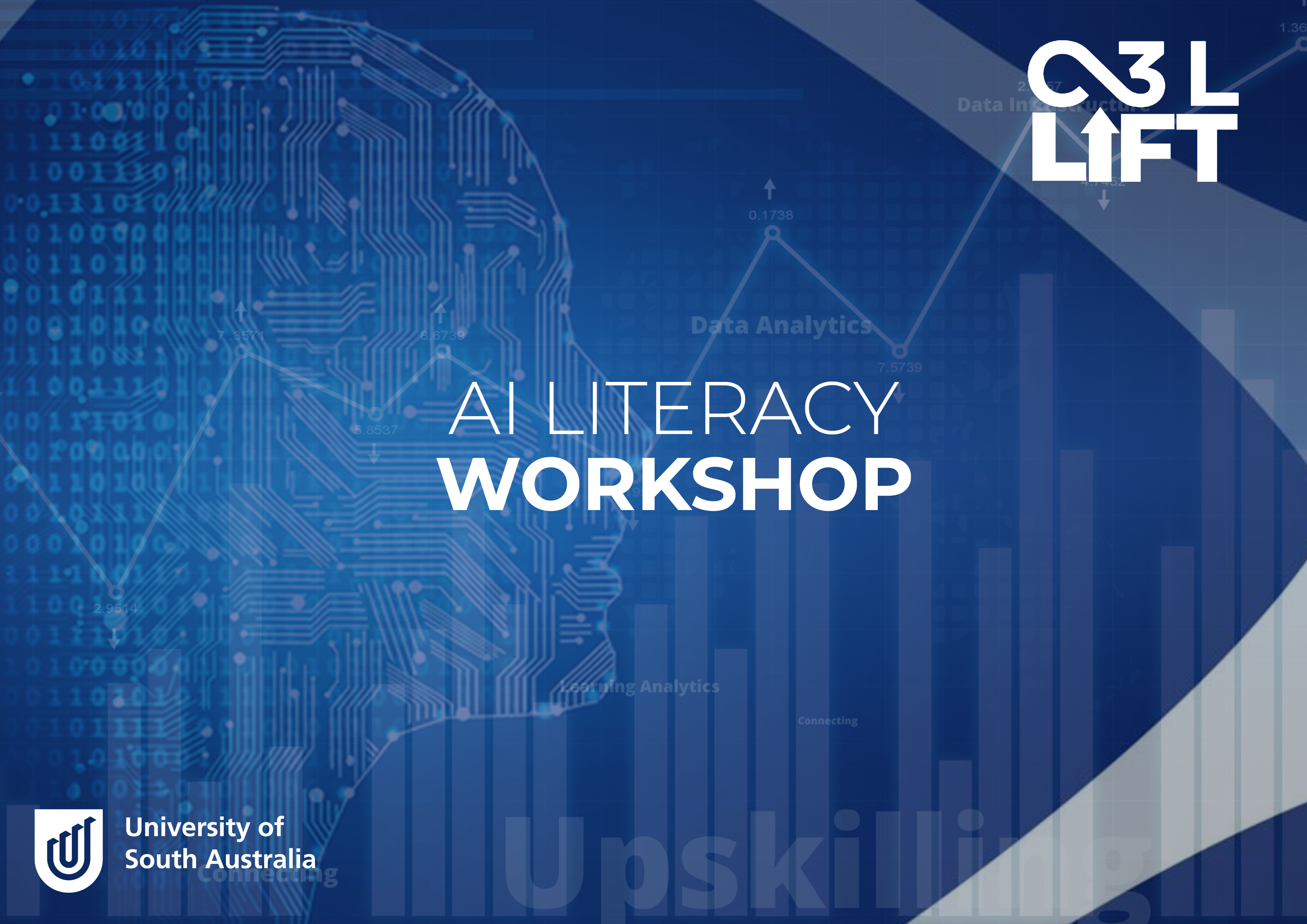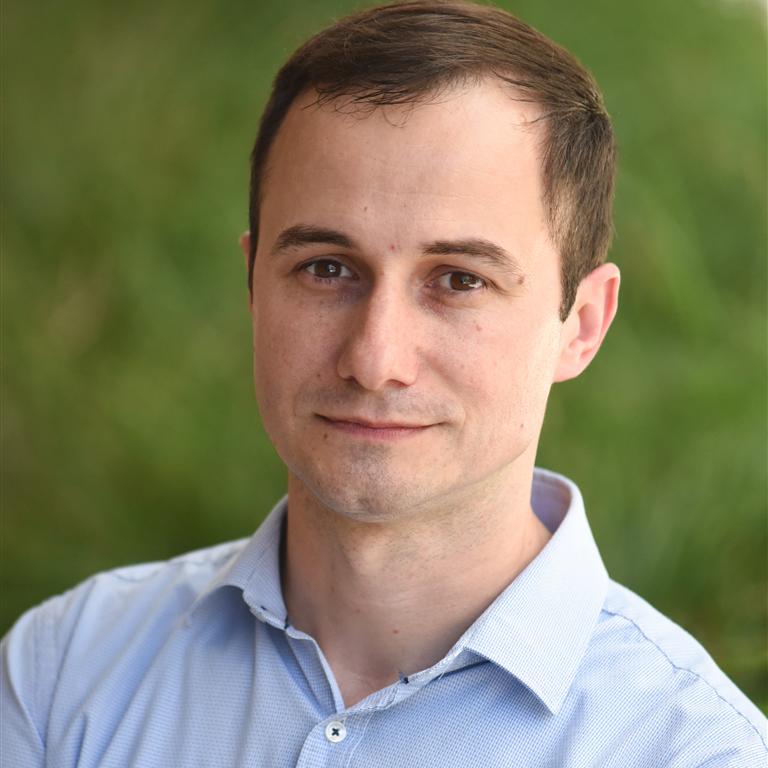Professor George Siemens
Professor George Siemens researches networks, analytics, and human and artificial cognition in education. He has delivered keynote addresses in more than 35 countries on the influence of technology and media on education, organizations, and society. His work has been profiled in provincial, national, and international newspapers (including NY Times), radio, and television. He has served as PI or Co-PI on grants with funding from NSF, SSHRC (Canada), Intel, Bill and Melinda Gates Foundation, Boeing, and the Soros Foundation. He has served as a collaborator on international grants in European Union, Singapore, Australia, Senegal, Ghana, and UK. He has received numerous awards, including honorary doctorates from Universidad de San Martín de Porres and Fraser Valley University for his pioneering work in learning, technology, and networks. He holds an honorary professorship with University of Edinburgh. Professor Siemens is a founding President of the Society for Learning Analytics Research. In 2008, he pioneered massive open online courses (sometimes referred to as MOOCs).
Dr Srecko Joksimovic
Dr Srecko Joksimovic is a Senior Lecturer in Data Science at the Education Futures, University of South Australia. His research is centred around augmenting abilities of individuals to solve complex problems in collaborative settings. Srecko is particularly interested in evaluating the influence of contextual, social, cognitive, and affective factors on groups and individuals as they solve complex real-world problems. In so doing, he utilizes a wide range of methods from machine learning, artificial intelligence, and natural language processing, as well as data science and social computing in general.
Srecko has a strong publication record in top journal and conference venues in the fields of learning analytics, educational data mining, and learning technologies. His work has received considerable recognition in the international research community as evidenced through several best paper awards, scholarships, and stipends. He has been actively involved in the development of the learning analytics research field. He served on the Executive Committee of the Society for Learning Analytics Research for four years, between 2015 and 2019. Currently, Srecko is a Committee member of the ASCILITE Learning Analytics SIG and a LAK21 Conference Program Chair.



